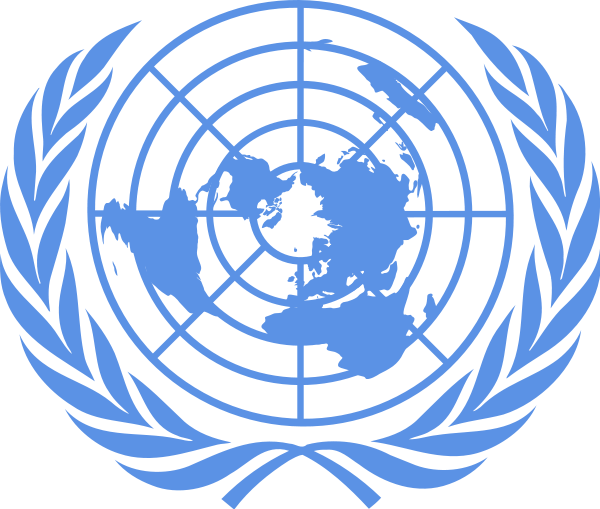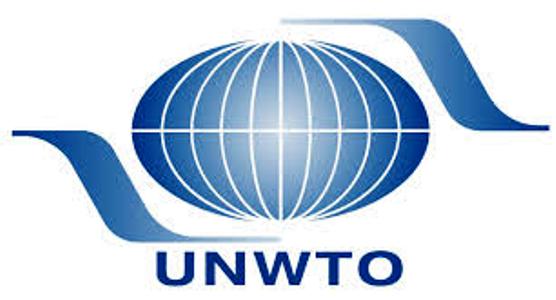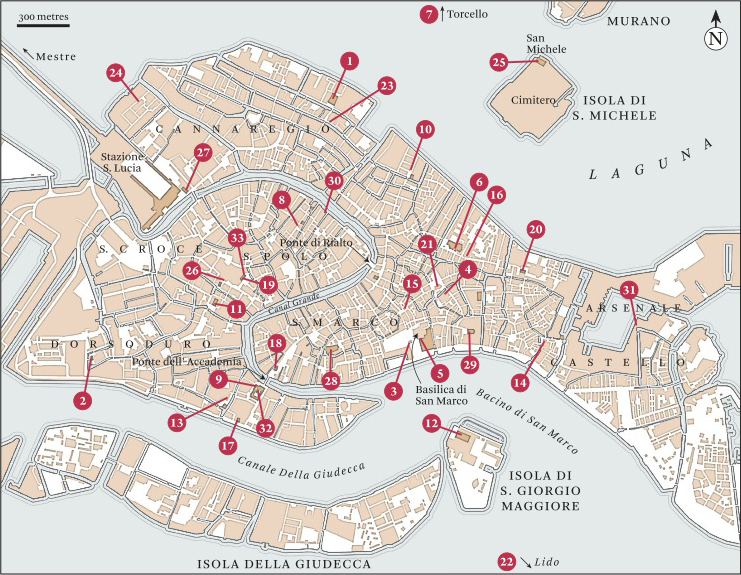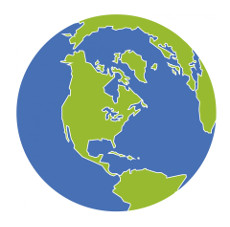According to the first ever global survey conducted by the World Tourism Organization (UNWTO) and IPSOS, 47% of respondents think « they live in cities with a high number of tourists ». Better is the fact that over 50% considers tourism has a positive impact in generating wealth and promoting cultural exchanges, and 49% feel there should be measures to improve tourism management (but from 75% in Argentina to only 24% in Japan); and only 12% of respondents favour limitations to the number of visitors.
This online survey was conducted across 15 countries * and targeted 12,000 people to better understand residents’ perception towards city tourism, its impacts and management strategies.
If nearly half of all respondents (47%) think « they live in a city with a high number of visitors », results vary significantly across countries, ranging from 68% in Australia to only 33% in France.
- The generation of wealth and income, the creation of intercultural exchanges and of new offers of leisure activities stand out as the biggest impacts on cities.
- The perception of tourism’s positive impacts is particularly strong in Argentina, Australia, the Republic of Korea, Spain, and Sweden.
- For many urban destinations around the world, addressing the challenges of growing tourism demand and adequately managing tourist flows is now a priority.
Of all respondents, over 70% think these measures should focus on improving infrastructure and facilities as well as in creating attractions for both tourists and residents. Only 12% think measures should include the limitation of the number visitors and only 9% considered that tourism promotion should be stopped.
« Today, adequately managing tourism to the benefit of visitors and residents alike, ensuring that local communities are listened to and benefit from tourism is more important than ever. There is a pressing need to set a roadmap for urban tourism which is fully aligned with the urban agenda« , said UNWTO Secretary-General, Zurab Pololikashvili.
Other Key findings:
- The mixed-picture of the perceived impacts rising from urban tourism in the different countries demonstrates the complexity of economic, social and environmental issues faced by destinations today : positive side, 52% think tourism has « a big or moderate impact in generating wealth and income »; on the other spectrum, 46% think it « creates overcrowding ».
- Respondents are most receptive to the following measures: « improve infrastructures and facilities » (72%), « create experiences and attractions that benefit both residents and visitors » (71%), and « ensure local communities benefit from tourism » (65%).
This UNWTO / IPSOS survey on was part of the IPSOS Online omnibus (Global@dvisor) December 2018 wave fieldwork between 21 January 2018 and 14 January 2019.
—————————-
* Country Sample :
Argentina (500)
Australia (1000)
Belgium (500)
Canada (1000)
France (1000)
Germany (1000)
Hungary (500)
Italy (1000)
Japan (1000)
Poland (500)
Republic of Korea (500)
Spain (1000)
Sweden (500)
United Kingdom (1000)
USA (1000)
***
Vous aimez cet article! Faites une DONATION à la rédaction du cyberjournal par un clic au bas de la colonne de droite de cette page... MERCI



